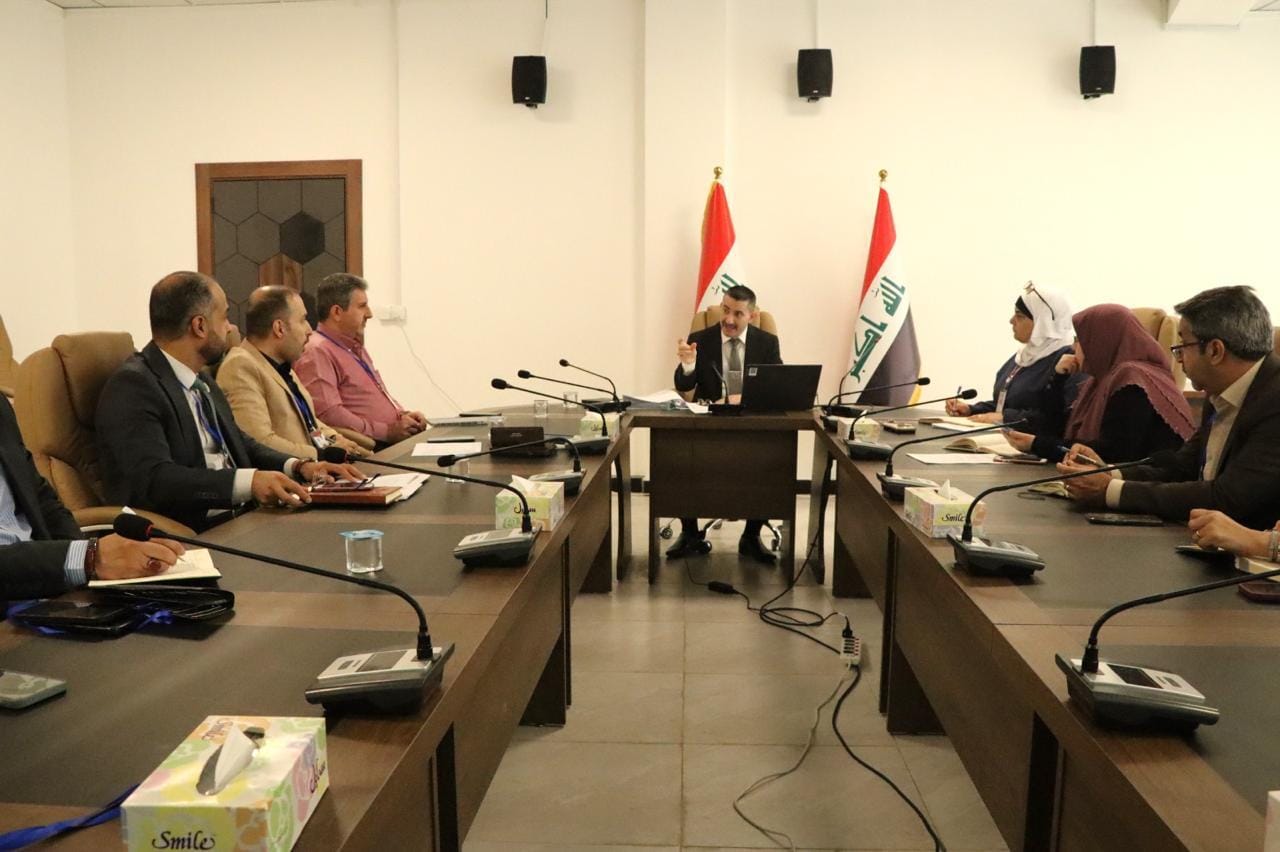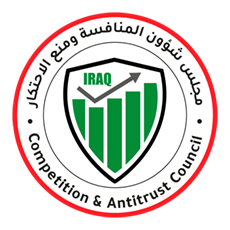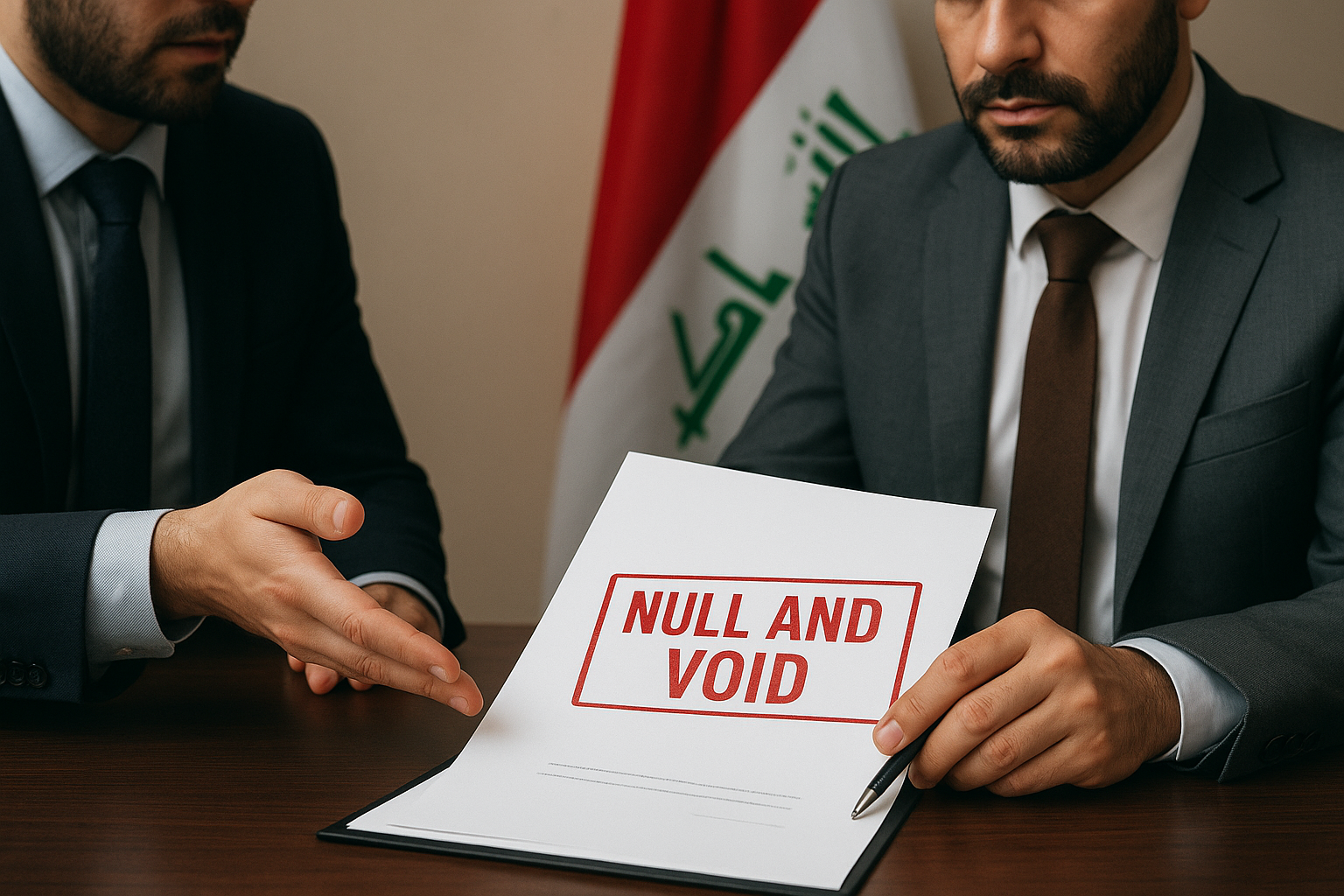A Guide to Iraq’s Competition and Antitrust Law (Law No.14 of 2010)
The Iraqi market is changing rapidly as a result of diversification, international investment, and economic modernization. Understanding the legal framework that controls fair competition is no longer optional in today’s changing landscape; it is a fundamental component of corporate success and legal compliance. At the center of this framework is the Iraqi Competition and Antitrust Law (Law No. 14 of 2010) and its enforcement authority, the Competition and Antitrust Council (CAC).
Any company operating in or entering the Iraqi market must have a comprehensive grasp of this law in order to reduce risks, avoid heavy penalties, and capitalize on development potential in a regulated environment.
What is the purpose of Iraq’s antitrust laws?
Law No. 14 of 2010 aims to preserve and encourage fair competition in the Iraqi economy. Its goal is to prevent damaging monopolistic behaviors, reduce anti-competitive agreements, and regulate economic concentration. This creates a level playing field for all enterprises, encourages innovation, and, ultimately, protects consumer welfare.
Key Provisions That Every Business Should Know
The legislation recognizes several important areas of prohibition and regulation:
Monopolistic Practices: The law expressly prohibits any behavior that results in market control or the misuse of a dominating position. This includes:
- Predatory pricing is used to eliminate competitors.
- Contracting under limited conditions.
- Price manipulation involves limiting output or distribution.
Anti-competitive Agreements (Cartels): Agreements between competing businesses that limit competition are absolutely illegal. They can be:
Horizontal agreements are made between direct competitors (for example, price fixing, market sharing, and bid rigging).
Vertical agreements are those made between companies at different stages of the supply chain (for example, resale price maintenance, exclusive dealing) that may have a negative influence on the market.
Economic Concentration (Merger Control): This is a critical sector for investing and expanding businesses. The Iraqi Competition Commission must be notified of every merger, acquisition, or joint venture that surpasses a certain market share level. Failure to notice a notifiable concentration can result in the transaction being declared void and incurring hefty financial penalties.
The Functions of the Competition and Antitrust Council (CAC)

Iraqi Competition and Antitrust Council (CAC)
The INCC is the regulatory agency responsible for enforcing competition law. Its responsibilities include:
- Investigating complaints and possible violations.
- Reviewing and approving economic concentration applications.
- Issuing decisions, levying fines, and mandating corrective actions.
- Raising public understanding of competition law principles in Iraq.
Why Your Business Needs Proactive Antitrust Counsel ?
Navigating the complexity of Iraq’s competition regime demands specialist knowledge. Noncompliance can have serious implications, such as significant fines, agreement termination, and reputational damage.
Working with a specialized competition and antitrust council helps your company with:
- Compliance Audits: We evaluate your current agreements, pricing strategy, and market practices to discover and correct potential compliance issues.
- Merger and Acquisition Guidance: We handle the full process of notifying the CAC about your mergers, acquisitions, or joint ventures, assuring a seamless and legal transaction.
- Defense and counsel: If your company is under investigation by the CAC, our skilled competition lawyers will provide strong defense and strategic counsel.
- Advisory Services: We provide continuing guidance to assist you build your commercial contracts and market strategy in a way that promotes growth while remaining fully compliant with Iraqi legislation.
Compete With Confidence in Iraq.
The Iraqi Competition and Antitrust Law is a significant tool for molding the future of Iraqi industry. Treating competition compliance as a strategic priority for organizations wishing to invest and develop means more than just avoiding risk; it also means building a viable and respected enterprise.
Partnering with a legal firm with strong expertise in this specific sector means that your company may confidently traverse the market, compete fairly, and thrive.





